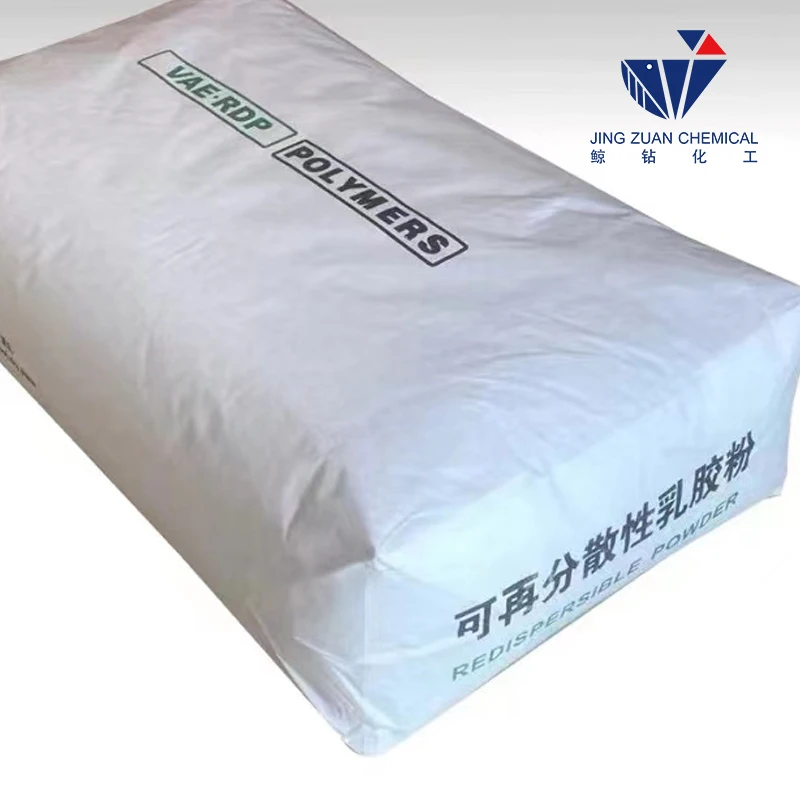
Dek . 11, 2024 10:58 Back to list
Hydroxyethyl Cellulose as an Effective Thickening Agent in Various Applications
Hydroxyethyl Cellulose Thickener A Comprehensive Overview
Hydroxyethyl cellulose (HEC) is a versatile and widely used polymer derived from cellulose, which is a natural polymer found in the cell walls of plants. This cellulose derivative has gained significant attention in various industries due to its unique properties and functionalities, particularly as a thickening agent. In this article, we will explore the characteristics, applications, and benefits of hydroxyethyl cellulose thickener.
Properties of Hydroxyethyl Cellulose
One of the most remarkable features of hydroxyethyl cellulose is its ability to dissolve in both hot and cold water, forming a clear and viscous solution. This solubility makes it an excellent thickener for a wide range of products, including those that require a high level of transparency. HEC is non-ionic and does not react with other ingredients, allowing it to be incorporated into formulations without altering the product's properties.
HEC is also characterized by its pseudoplasticity, meaning that it exhibits a decrease in viscosity under shear stress. This property allows products formulated with HEC to flow easily during application, such as when being spread onto a surface, while still providing a thick, stable texture once the shear force is removed. Additionally, hydroxyethyl cellulose thickener is thermally stable and resistant to degradation, allowing for versatile usage in various formulations without compromising integrity.
Applications of Hydroxyethyl Cellulose
Due to its versatile properties, hydroxyethyl cellulose is employed in a multitude of industries, including
1. Cosmetics and Personal Care Products HEC is extensively used in lotions, creams, shampoos, and conditioners. It helps to thicken formulations, improve stability, and enhance the sensory feel of products. Its ability to create a smooth, even application makes it an ideal ingredient in topical products.
2. Pharmaceuticals In the pharmaceutical sector, hydroxyethyl cellulose serves as a viscosity modifier and binder in various formulations, including gels and ointments. Its non-toxic nature and compatibility with active ingredients make it suitable for medical applications.
3. Food Industry HEC is utilized as a thickener in various food products, including sauces, dressings, and dairy products. It improves texture and mouthfeel, enhancing the overall consumer experience without significantly altering flavors.
hydroxyethyl cellulose thickener

4. Construction and Building Materials In construction, hydroxyethyl cellulose is often added to cement-based materials, such as adhesives and mortars. It improves workability, water retention, and provides better adhesion properties, making it a valuable additive for construction professionals.
5. Agriculture In the agricultural industry, HEC is used in pesticide formulations as a thickening agent to ensure better adhesion to plant surfaces and improved performance of active ingredients.
Benefits of Using Hydroxyethyl Cellulose
The utilization of hydroxyethyl cellulose as a thickening agent brings numerous benefits
- Natural Origin As a derivative of cellulose, HEC is derived from natural resources, making it a more sustainable choice compared to synthetic thickeners. This aspect appeals to environmentally conscious consumers.
- Biocompatibility Its biocompatible nature ensures that hydroxyethyl cellulose is safe for use in cosmetics and pharmaceuticals, reducing the risk of irritation and adverse reactions.
- Versatility HEC can be adjusted to achieve varying viscosity levels, making it suitable for diverse formulations across different industries.
- Stability Hydroxyethyl cellulose offers improved stability in high-temperature and high-shear conditions, maintaining its thickening properties regardless of the processing method.
Conclusion
Hydroxyethyl cellulose thickener is a remarkable ingredient that bridges the gap across various industries and applications. With its unique properties, it excels in improving the texture and stability of products, contributing to a better user experience. As consumers increasingly seek natural and effective formulations, the demand for hydroxyethyl cellulose is likely to continue growing. Whether in personal care items, food products, pharmaceuticals, or construction materials, HEC proves its worth as a reliable and effective thickener, paving the way for innovative formulations in the years to come.
-
Versatile Hpmc Uses in Different Industries
NewsJun.19,2025
-
Redispersible Powder's Role in Enhancing Durability of Construction Products
NewsJun.19,2025
-
Hydroxyethyl Cellulose Applications Driving Green Industrial Processes
NewsJun.19,2025
-
Exploring Different Redispersible Polymer Powder
NewsJun.19,2025
-
Choosing the Right Mortar Bonding Agent
NewsJun.19,2025
-
Applications and Significance of China Hpmc in Modern Industries
NewsJun.19,2025







